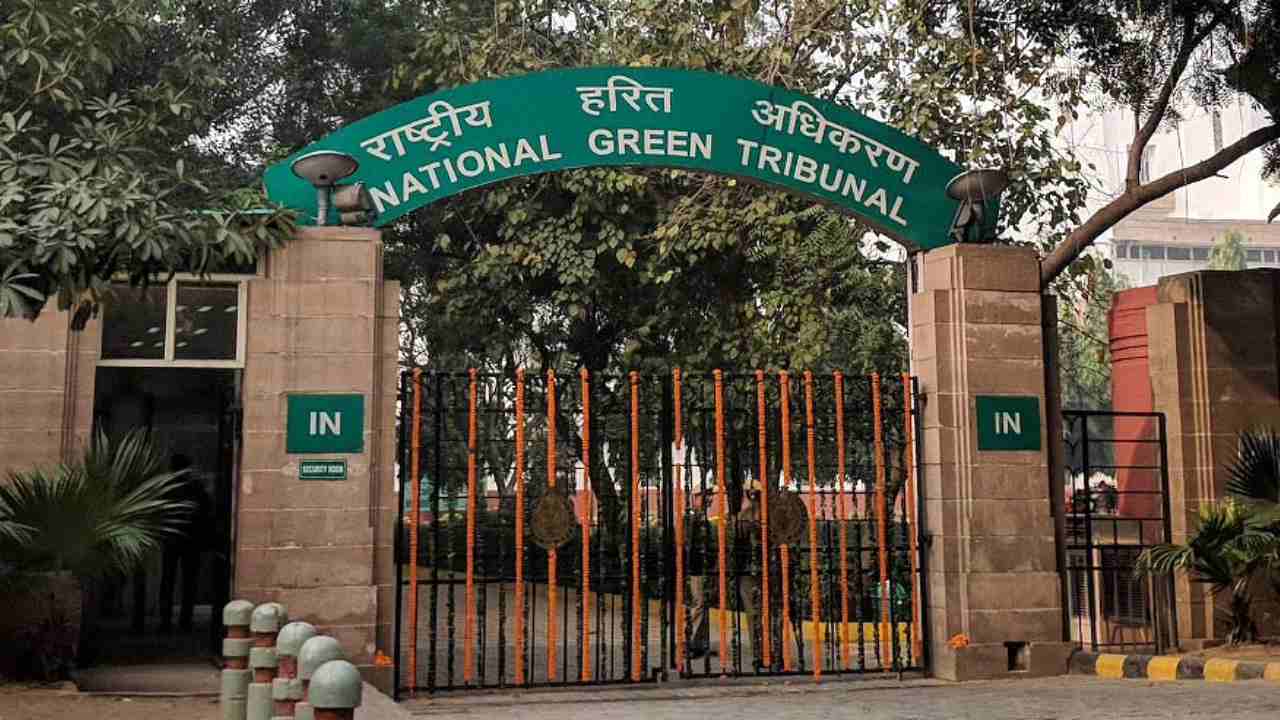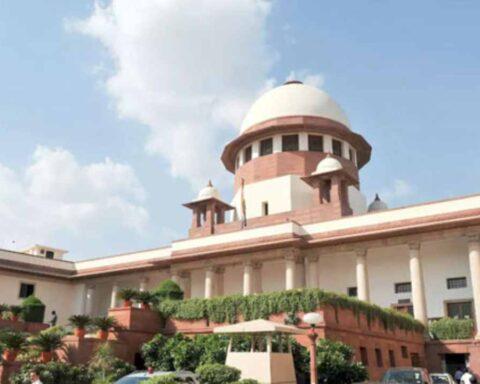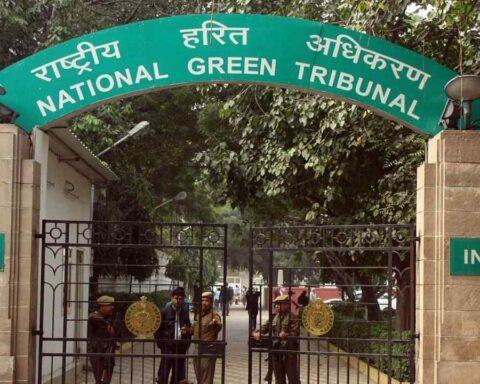The National Green Tribunal (NGT) fined the West Bengal government Rs 3,500 crore for massive irregularities in the generation and treatment of solid and liquid waste.
The green panel said the state government does not prioritize the installation of solid waste and sewage management facilities, even though the state budget for 2022-2023 has earmarked Rs 12,818.99 crore for urban development and municipal affairs.
Noting that health problems cannot be avoided in the long term, a bench headed by Justice AK Goyal, Chairperson of NGT, noted that it is the constitutional duty of state and local agencies to decontaminate the environment.
The NGT pointed out that out of a daily wastewater generation of 2,758 million liters in urban areas and a treatment capacity of 1,505.85 MLD (through the installation of 44 treatment plants), only 1,268 MLD are treated. 1,490 leaves a large MLD gap
It said being part of the right to life, which is also a basic human right and absolute liability of the State, lack of funds cannot be pleaded to deny such right.
“While there may be no objection to any Central funds being availed, the State cannot avoid its responsibility or delay its discharge on that pretext,” it said.
“Considering damage to the recipient environment, we hold that apart from ensuring compliance at the earliest, compensation has to be paid by the State for past violations.”
“Final amount of compensation under the two heads (solid and liquid waste) is assessed at ₹3,500 crore which may be deposited by the State of West Bengal in a separate ring-fenced account within two months,” the Bench said.
“If violations continue, liability to pay additional compensation may have to be considered,” it added.
The Court noted that the segregation of solid waste at the source and its earlier treatment with a specific destination near the point of generation is essential.
The directions came while monitoring compliance of Municipal Solid Waste Management Rules, 2016 and other environmental issues by States and Union Territories.





























